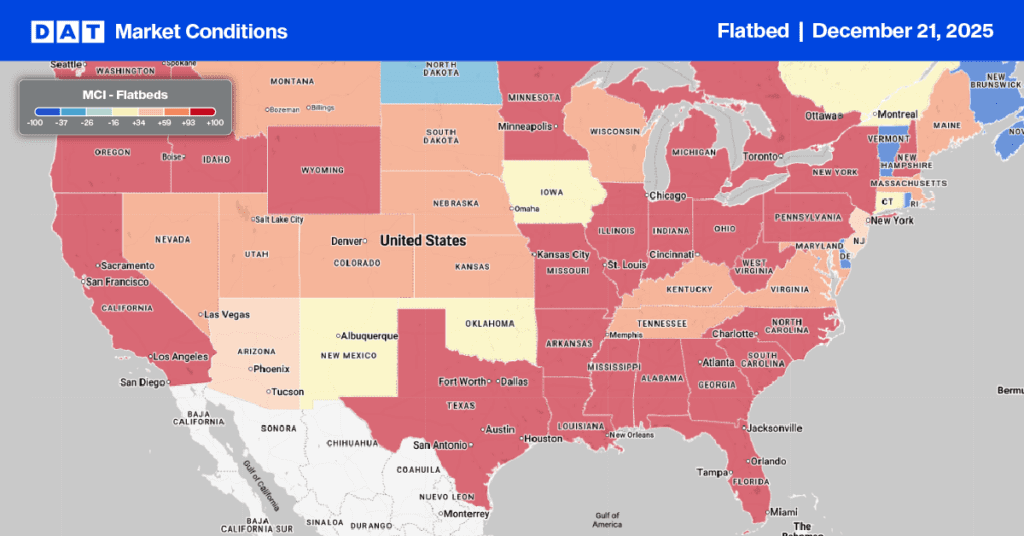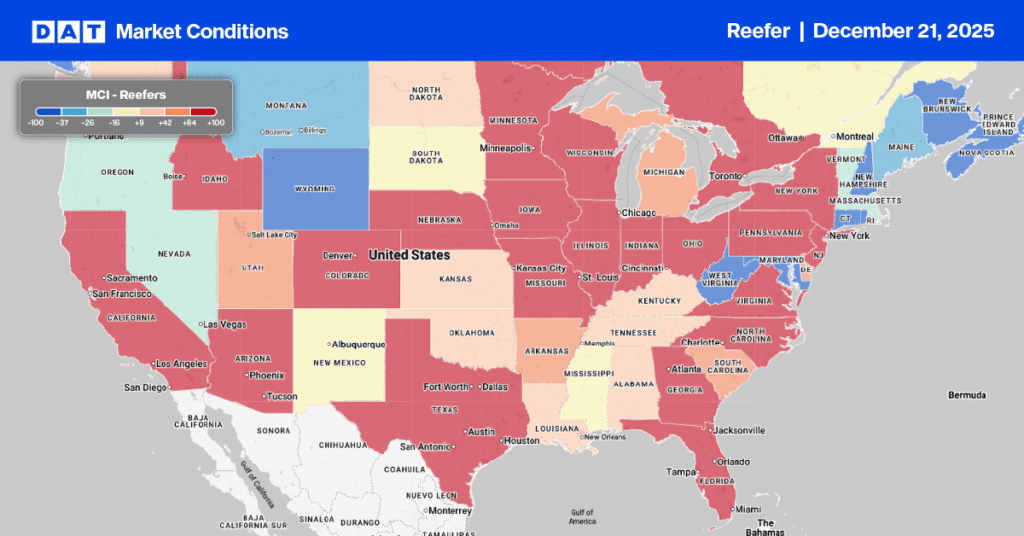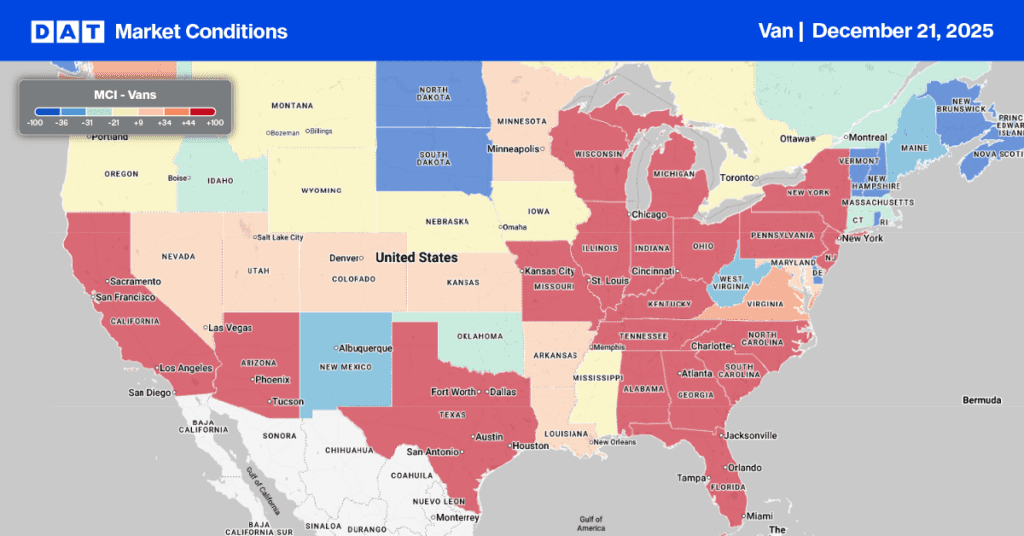In the post-pandemic world, many truckers find themselves in truck stops where restaurants have not yet re-opened. If they are open, they’re typically so short-staffed the delays can become frustrating. Gone are the days of home-style cooking at privately owned truck stops where everyone knew each others’ names. Today, many truck stops have been inundated by fast-food chains, which can be expensive and offer little nutritional value. This has forced many health-conscious truckers to take matters into their own hands.
While on the road in Australia, I developed what became known as “trailer food,” where we’d fit out a toolbox under the trailer dedicated to food storage and cooking equipment. The toolbox door doubled as a table when folded down, with a propane gas burner as the primary method of cooking. Our perishable items were stored in the truck refrigerator or cooler.
Today, drivers have significantly more options, including slow cookers with lockable lids that allow the driver to cook as they drive down the road. Other options include cooking bags, electric skillets, or an appliance becoming increasingly popular – the air fryer. Some drivers meal-prep every weekend with their partners, packing up a selection of meals for the week, but there’s another option for those who don’t have the luxury of meal-prepping at home.
Food spending dropped from $250/week to $40/week
On a recent RadioNemo show with singer/songwriter and host Lindsay Lawler, we spoke about several drivers’ success with cooking on the road. The most compelling success story came from a driver at Anderson Trucking Service (ATS), a highly successful family-owned full-service trucking company based in St Cloud, Minnesota.
Adelaida Lanzo has been an over-the-road long-haul truck driver for six years and has spent the last two years with ATS. Here’s her story.
“For several years, I spent my money on truck stop food for each and every meal. Then I tried cooking my meals ahead of time and putting them in my truck. I finally settled on prepping my ingredients so I could cook in my truck daily. I’ve gone from spending as much as $250 on the road each week to spending as little as $40. And I’m a lot healthier, too!”
Meal prepping
If you want to save money on food while driving over-the-road, there are a few ways you can do it. Some drivers prefer to meal prep (i.e., cooking everything during home time and packing it into containers to take on the road ) and others prefer cooking on the road. It also comes down to space. How much refrigerator and freezer space do you have in your truck? Tupperware containers can take up a lot of space. I found that I could only fit about a week of meals in my truck fridge. Then, for the rest of the time I was on the road, I’d have to buy meals at truck stops. This might work for you if you spend only a week on the road, but it may not be feasible for someone who spends several weeks on the road. You’ll either need to buy your meals wherever you stop or hit up a trucker-friendly store to pick up ingredients you can cook. This means you might not save as much money as you could.
If space is an issue, meal-prepping all your ingredients at home and cooking on the road might be the best option. You’ll save the most money (about $200 per week) and save space. Remember that you’ll need permission and power to cook on the road. If you’re leasing your truck, you may be unable to use certain appliances. An inverter and an auxiliary power unit (APU) will work together so you can easily operate all your appliances. An APU allows you to use your bigger appliances without requiring your truck to be running. This will save money by reducing your idle time and fuel expenses. The appliances you use should have lower wattage so that they don’t use too much power at once and prevent you from using anything else.
Prepare your ingredients
Cooking on the road takes planning. You’ll want to plan out the meals you want to eat on the road so you can pick up all the ingredients when you’re at home. Keep it simple – protein, veggies, and some grain will satisfy you for lunch and dinner. For breakfast, you can choose an easy option like oatmeal or cereal or cook bacon and eggs.
- Healthy snacks for truck drivers, like fresh fruits and vegetables, nuts, trail mix, and protein bars, are easy to grab. You can cut fruit in advance and place it into storage bags or grab fruit that doesn’t require cutting, like oranges, apples, bananas, and berries. You can also save money by making your own trail mix.
- Buy your meat (or a protein alternative if you are vegetarian/vegan) in bulk and cut it into smaller portions. Place each serving into a bag. Do the same with your vegetables. If you like to eat rice with your meals, you can easily bring a bag and portion out your servings daily.
- Pay attention to sales when purchasing ingredients at the grocery store, and try to eat seasonally. Eating produce when it is in season will save you a great deal of money in the long run compared to buying it out of season.
Cooking on the road
Each morning, decide what you want to eat that day. You may want to prepare a meal in the slow cooker, make lunch on your portable stove, or cook with your electric skillet at dinnertime. As you wait for your coffee to brew (as long as you invest in a small coffee pot for your truck), plan your meals and prep your ingredients if needed. For instance, move your meat from your freezer to your fridge to let it thaw so it’s ready to cook.
If you’re cooking with a slow cooker or a portable stove, toss your ingredients in and forget about it until it’s ready. Just be sure you have your stove or slow cooker in a secure spot so it can’t spill or “fly” while you’re driving.
Keeping your truck clean is crucial when cooking for yourself on the road. Ensure you have disinfectant (whether in a spray bottle with a rag or carry wipes). Wipe down your hands after you handle meat or poultry, and get any surfaces it touches disinfected, too. The last thing you want while on the road is a case of food poisoning. Disposable plates and cutlery make clean-up easy. Or, if you use regular dishes, you can clean them with disinfecting wipes and then wash them off at the truck stop. You can also bring a few gallons of water and dish soap and wash your dishes outside your truck with a scrub pad and dry rags. And be sure you have lots of paper towels in your truck.
What is the best cooking equipment for truckers?
If you’re cooking on the road, there are some tools you simply cannot go without. They’ll not only make the job easier, but they’ll allow you to cook various foods in different ways. The top cooking equipment for drivers includes:
- Small slow cooker
- Electric skillet
- Portable stove
- Microwave
- Small air fryer
- Coffee pot
- Disinfecting wipes
- Disposable plates
- Cooking utensils (spatula, tongs, spoon, etc.)
- TV tray
- Cutting board
- Spices
- Cooking spray
- Paper towels
- Storage bags
Up-front costs create savings in the long run
There are some upfront costs associated with cooking on the road, but saving nearly $1,000 per month on food will be well worth it. Shop smartly by checking out local deals and comparing them to online retailers. You will find that you can get most of what you need for not much money.
You’ll not only be taking more money home every month, but you may also notice an improvement in your health if you cut back on processed foods. Plus, cooking every night will give you a taste of home and might even be relaxing after a long day on the road.


